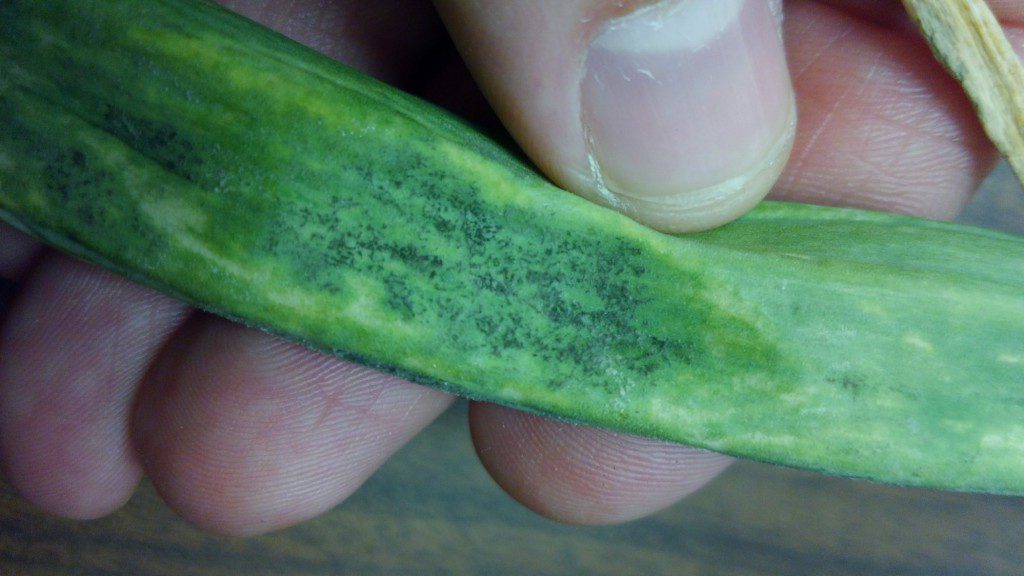
It was March 23 in 2020. In the prior season it was Feb. 28. In 2018 it was March 19. All were dates that Downy Mildew disease was initially discovered in Georgia Vidalia onions. If past seasons are any indication, the disease could soon be ripe for a problem for Vidalia onion producers.
“Downy is always on our minds this time of year and going to the end of the season,” said Chris Tyson, University of Georgia Extension Area Onion Agent at the Vidalia Onion & Vegetable Research Center in Lyons, Georgia. “It can be bad, and I want you to be prepared for it and make sure you’ve got the tools you need to fight it. As growers you know this is a tough disease. Sometimes when the weather conditions are right, sometimes it seems like there’s nothing we can do to stop this.”
Effective Products?
The most effective products available for protection are only moderately successful. Omega 500 and Orondis Ultra provide moderate control. Bravo and Zampro provide moderate-to-low efficacy. Growers are encouraged to incorporate Bravo and Phosphites into their spray program now for added protection.
“We’re recommending that everybody, if they haven’t already, start including products like Bravo and Phosphites … these are good protective products and they’re economical to use. We just need to be putting those in spray program as much as we can,” Tyson said.
Disease Impact
According to the UGA Extension Vegetable Blog, Downy Mildew can be a devastating disease to onion producers. It can cause losses in yield and bulb quality. Though the disease does not survive year-round in the Southeast Georgia region where Vidalia onions are produced, it moves into the area from wind currents from warmer areas.
In a prior VSCNews article, UGA Extension Plant Pathologist Bhabesh Dutta said the disease’s first symptoms occur on older leaves as light green to pale yellow, which turn to tan or brown as the lesion ages. Lesions may girdle the entire leaf. In severe cases, 100% yield losses have been reported.
“We’re already watching the weather conditions to look for conditions that are favorable for disease development,” Tyson said. “It’s time to be watching out for it. I would urge you to go ahead and consider stocking up on some Omega or Orondis or calling your retailer and seeing if they have some on hand or whatever you need to do.
“If we find Downy, there’s no time to go around and hunt for chemicals if you need one. Just be ready.”









